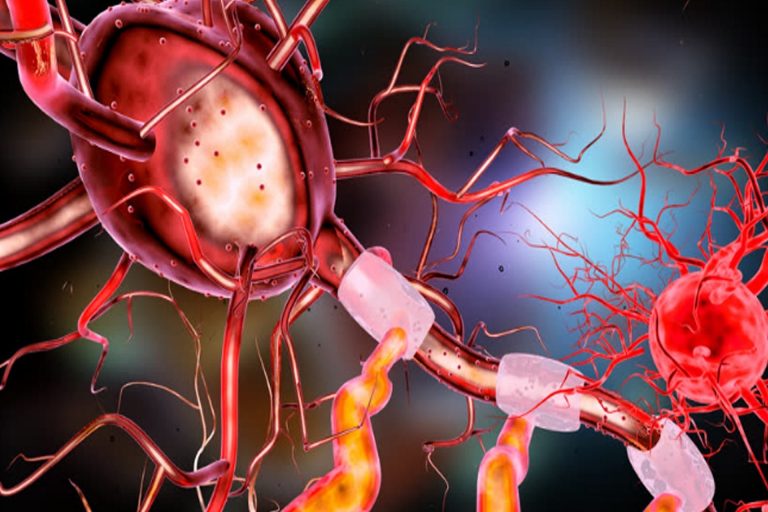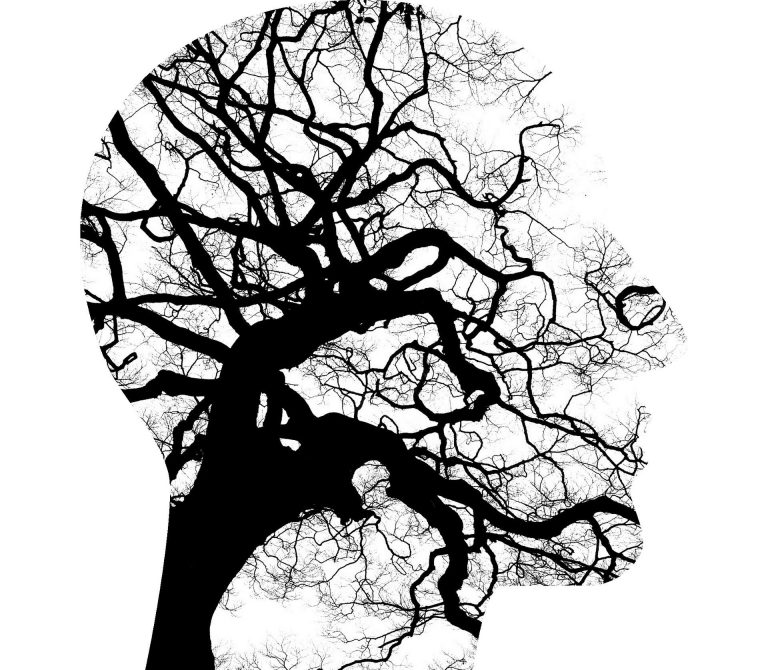The Nervous System

I think it’s fair to say that this year has been like no other I’ve ever experienced in my lifetime and it has certainly impacted on my nervous system in a huge number of different ways…
The nervous system is a complex, highly specialized network. It organizes, explains, and directs interactions between you and the world around you. It controls and influences our five senses, sight, hearing, taste, smell, and touch sensation. It is responsible for our voluntary and involuntary functions, such as movement, balance, and coordination.
The nervous system also regulates the actions of most other body systems, such as blood flow and blood pressure. It provides us with the ability to think and reason, allowing us to be conscious and have thoughts, memories, and language.
The nervous system has two major parts: the central nervous system (CNS), composed of the brain and spinal cord and the peripheral nervous system (PNS), consisting of a huge network of nerves that connects the rest of the body to the CNS.
The two systems work together to collect information from inside the body and from the environment outside it. The systems process the collected information and then dispatch instructions to the rest of the body, making it respond.
The symptoms of a nervous system problem depend on which area of the nervous system is involved and what is causing the problem.
Some of the more common conditions of the nervous system I support people with are :
Headaches
Headaches can be more complicated than most people realize. Different kinds can have their own set of symptoms, happen for unique reasons, and need different treatments.
Tension Headaches
Tension headaches are the most common type of headache among adults and teens. They cause mild to moderate pain and come and go over time.
Migraine Headaches
Migraine headaches are often described as pounding, throbbing pain. They can last from 4 hours to 3 days and usually happen one to four times a month. Along with the pain, people have other symptoms, such as sensitivity to light, noise, or smells; nausea or vomiting; loss of appetite; and upset stomach or belly pain.

Hormone Headaches
You can get headaches from shifting hormone levels during your periods, pregnancy, and menopause. The hormone changes from birth control pills and hormone replacement therapy can also trigger headaches.
Sinus Headaches
With sinus headaches, you feel a deep and constant pain in your cheekbones, forehead, or on the bridge of your nose. They happen when the sinus cavities in your head get inflamed. The pain can often occur alongside other sinusitis symptom
Insomnia
Insomnia is difficulty falling asleep or staying asleep.
Symptoms of insomnia include finding it hard to fall asleep, waking up several times during the night and feeling tired during the day.
You can help improve insomnia by making changes to your sleep habits, such as having a bedtime routine, allowing a good gap between eating and drinking before bed, avoiding TV, Phones or laptops for at least an hour before bed. Common causes of insomnia include stress, anxiety, too much noise at night, your bedroom being too hot or cold and drinks containing caffeine.

Depression & Anxiety

Depression is a condition that can make you feel sad, lose interest in things you used to enjoy, withdraw from others, and have little energy. It can affect how you feel, think and behave and can sometimes lead to a variety of emotional and physical problems.
Anxiety is a normal and often healthy emotion. However, it can impact your life and potentially develop into an anxiety disorder if disproportionate levels of anxiety are felt. Mild anxiety might be vague and unsettling, while severe anxiety that lead to excessive nervousness, fear, apprehension, and worry may seriously affect day-to-day living.
I have noticed a considerable increase in the prevalence of these conditions since I reopened my treatment room in July. This pandemic has had a huge impact on umpteen peoples’ lives but what’s encouraging to see is that so many people valuing the importance of their health, prioritising themselves and seeking safe, natural and effective ways to help them feel better and help improve their lives in a positive way.
I’ve listed some things that I’ve found useful to help with all of these conditions, many of them can be used in combination to help with all 3.
Headaches…
- Peppermint oil is one of the most common essential oils used to treat headaches and migraines. Adding a few drops of peppermint oil to a carrier oil such as jojoba or coconut and dabbing onto the temples can be beneficial for helping ease tension and pain.
- Keeping hydrated with water.
- Adequate sleep
- Hand reflexology – Watch Video Here
Insomnia
- Meditation/Calm app or headspace
- Creating a restful, comfortable sleeping environment and a good routine
- Regular exercise
- Cut down on caffeine
- Keeping a journal
- Hand reflexology – Watch Video Here
Depression/anxiety
- Exercise regularly
- Keeping a journal
- Keep in touch with people
- Reduce or avoid alcohol
- Try to eat a healthy diet
- Have a routine
- Hand reflexology – Watch Video Here
Controlled breathing helps keep your mind focused and helps to calm your nervous system which can help reduce symptoms associated with anxiety, insomnia, post-traumatic stress disorder and depression. Great for all 3 of these conditions.
Breathe in through your nose for a count of 4, hold for a count of 4 and slowly breathe out through your mouth for a count of 8, REPEAT
#Always seek medical advice if symptoms don’t improve.
#getselfhelp
